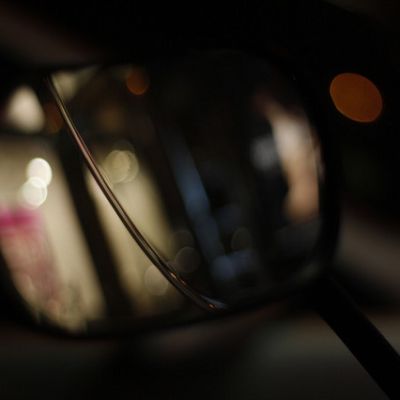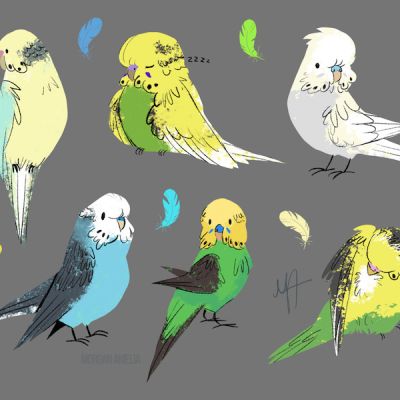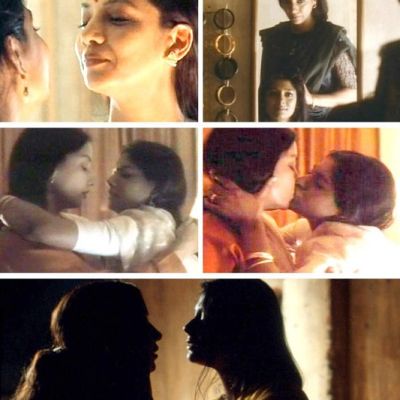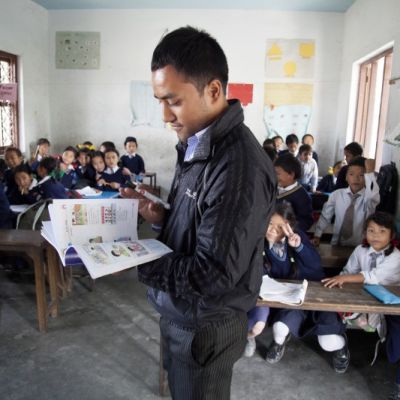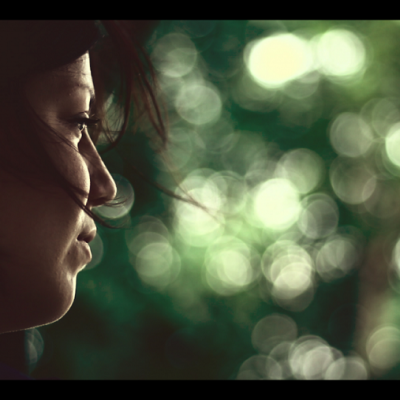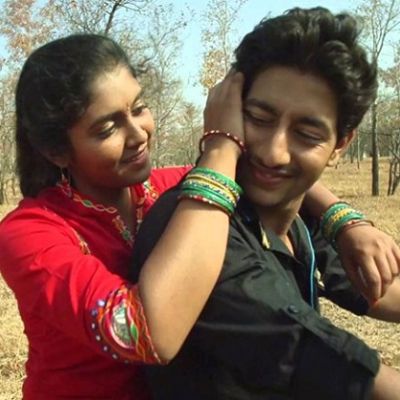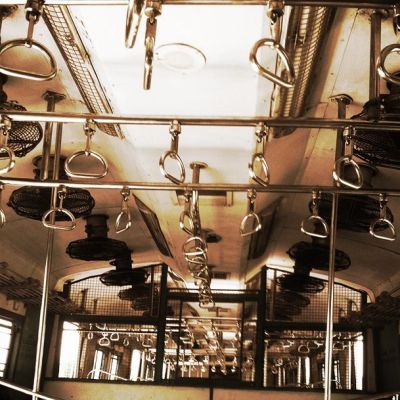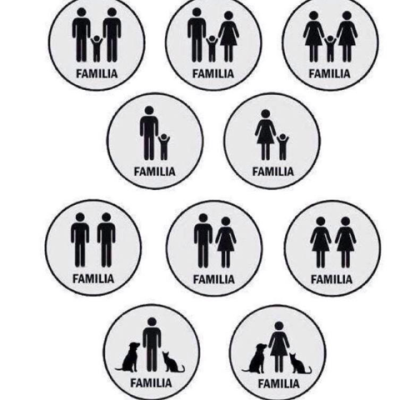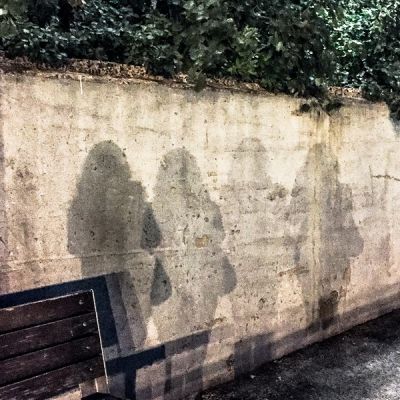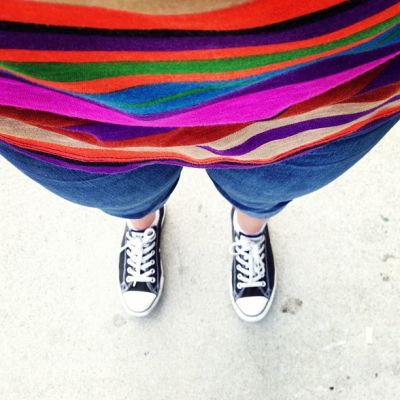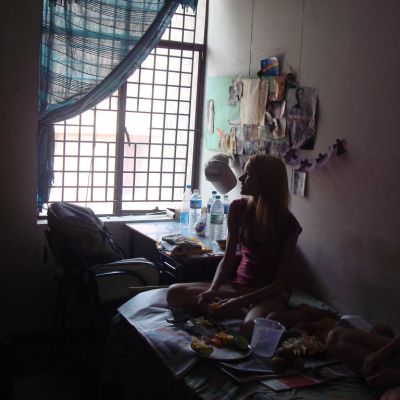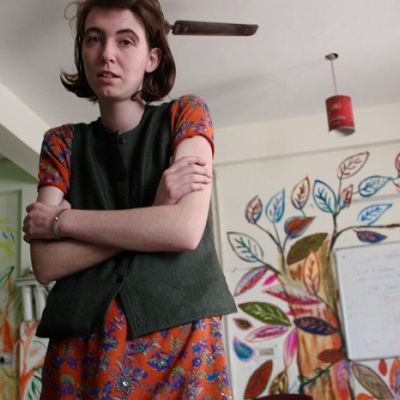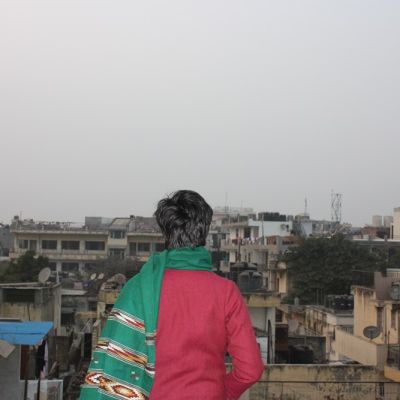The I Column
I did everything to change my gender expression from masculine to feminine. I started wearing feminine clothes, started growing my hair, and I even had a boyfriend. But the more I pushed myself to be feminine, the more depressed I became.
An experimental haircut, trying on a new pair of earrings, a bright lip colour, or even wearing a skirt when your legs aren’t waxed and walking confidently down the street: these are revolutionary acts of self-care and self-love.
My first ‘date’ was at a festival screening of an understated French-Canadian film that featured a tremendous amount of chatter and Chopin. I qualify ‘date’ because, while I was certainly on the brink of tumbling head over heels, the object of my affection, let’s call her ObjA, was blithely unaware of the romantic hopes that hinged upon our meeting.
There has been so much discourse about sex and sexuality education all over the world that I perhaps may not…
“Mamma, look, that’s a boy giraffe, I can see his penis,” exclaims my four-year-old daughter in delight at her discovery as we stand watching the stately animals at the fabulous Mysore Zoo. Far from cringing at the over-loud tones of my daughter, I beam at her, “That is clever of you.”
The dream soon turned into an obsession, fuelled by my kind and supportive father who would’ve done the same for me no matter what I had decided to obsess over. Before I knew it, my whole life revolved around cricket. I had a room full of posters of men who played cricket, and a brain full of cricket facts and trivia. The posters covered every inch of my room. I remember picking up new ones every other week from the street-side sellers of Connaught Place in Delhi, and found one with every new issue of The Hindu’s sports magazine called Sports Star.
One of the very first stories my daughter wanted to be told was how she was born. It was easy for me because I had a caesarean section but I knew that at some point I had to share with her that children come out of the vagina.
Youngsters are bombarded every day with messages related to sexuality, sex and relationships from various sources. And we also know that not all the information they encounter prepares them well to make choices.
I consider my daily travel a theatre project, far from the real me: I cover myself from head to toe and wear sunglasses double the size of my face. Why? Because most of the male passengers look at all the women in the compartment as if this is something they get for free along with their ticket.
I love children and have at various times in my life flirted with the idea of adoption. But I have known since I was a child that I did not want to birth children. I have never been vague or ambivalent about this decision. I have been consistently clear and concise that this is not my calling.
The nurse looked me up and down and asked about my last period. I responded that it had been recent and regular and that I wasn’t there about a reproductive issue but rather a potential stomach bug. “Mmm hmmm,” she responded, with more than a hint of dubiousness in her voice, and said, “Take this cup, pee into it and bring it back to me. We’ll run a pregnancy test.” I stared back at her. “I’m not pregnant!” She responded, “Well, we’ll see about that. Is that your mum outside? Young girls like you are always coming in like this.”
Personally, I don’t know if it’s because of how Instagram has evolved, or the people using it, or, well, me. Among its most wonderful sights – jaw-dropping beautiful travel destinations; delicious-looking home-cooked South Indian food neatly arranged on a stainless steel plate; doodles and handicraft – what I love about the platform is watching people, mostly women, dressed up.
I did my schooling and higher studies in Delhi. Thanks to a compulsorily uniform attire at school, the differences in socio-economic backgrounds of students were successfully erased. But as one enters college, one’s attire gets significant attention, especially for a person from a weak socio-economic background. This transition period from school to college is also the age of sexual anxieties, experiments and experiences.
Despite the intervention of many well-meaning aunties and friends over cups of chai, I don’t think I was aware of how truly strange, let’s even say ridiculous, I looked at the time. Because although I was wearing kurtis nearly every day, I didn’t really understand the ‘rules’ of wearing kurtis.
The women taught me how to navigate the city, as I learnt about the different ways the body is marked in public (and in private too). I often tried to discern when ‘bold’ became ‘reckless’, and what the underlying politics of this rhetoric shift might be. How arguments were stacked up pre-emptively determining who was deserving of protection and whose transgressions left them out in the cold.

